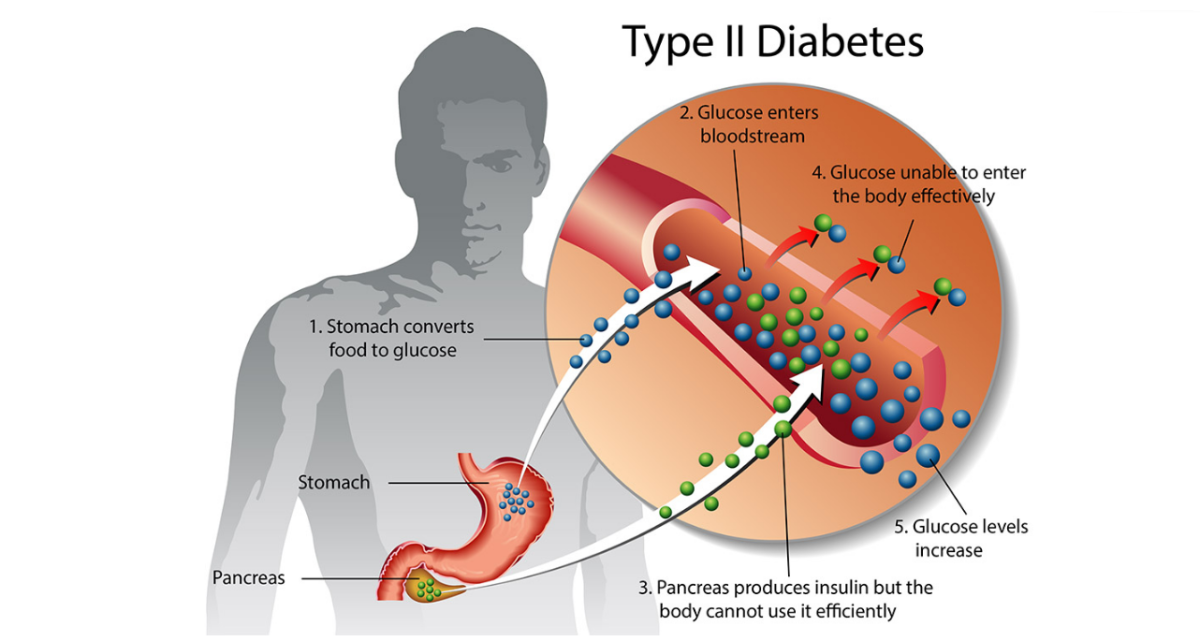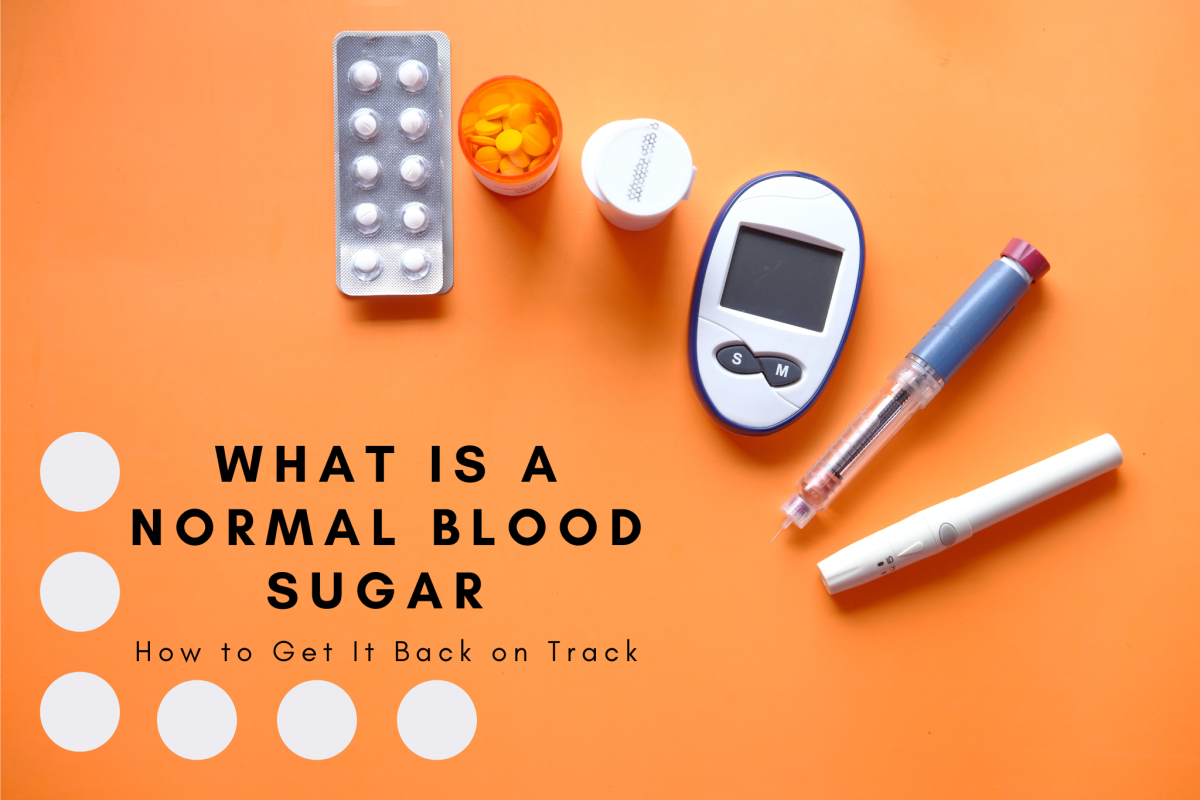Use of Dietary Supplements To Control Type 2 Diabetes
Introduction
As we all have heard lately, the incident of diabetes is increasing at an alarming rate in the United States. A report recently issued by health officials states that if the cases of diabetes continue to increase at this rate; that 1 in 3 people would have diabetes by 2050. The increase is due to better detection and the high incident of obesity in this country. Despite the dire prediction, there are some measures that people with diabetes can do to better manage their blood sugar. One way is by taking supplements to help the body maintain a normal blood sugar level. But you must understand what these supplements are and how do they work to control your sugar level. Also you must be aware that some supplements can cause more harm than good when it comes to managing your sugar level.
Some diabetics have turn to other alternatives besides taking insulin injections and oral prescription pills to control their blood sugar level. Today, Americans spend about 34 billion dollars on complimentary or alternative medicine (CAM). Other examples of CAM therapies include acupuncture; yoga, hypnosis, massage and meditation just name a few. In general complimentary medicine is used with the conventional medicine in this case insulin or oral diabetic pills to control the condition; while alternative medicine is used in place of the conventional medicine, which can put the person in a dangerous and sometimes life-threatening situation. Keep in mind if you have type 1 diabetes insulin injections must be taken with these supplements.
What are Supplements?
Dietary supplements are defined as products taken orally with the intent to supplement the diet. They may be vitamins, minerals, herbs, amino acids, enzymes, organ tissues, glandulars, and metabolites. The supplements may come in many forms such as tablets, capsules, softgels, liquids, powders and in the popular form as a bar. Also, consumers must be aware that supplements are not drugs; therefore, they are not subjected to the strict regulations of the Food and Drug Administration (FDA) imposed on drugs manufactured by pharmaceutical companies. That means some supplements may not be safe and that pharmaceutical companies do not necessarily make them at all.

Popular Dietary Supplements for Peoples with Diabetes
Alpha lipoic acid (ALA)
This supplement is used as an antioxidant. It works in the same manner as the vitamin B complex does by helping the body convert food into energy. It has also been used successfully in Germany as a treatment for peripheral neuropathy. Peripheral neuropathy is the tingling and sometime painful sensation diabetics experience in their toes and fingers due to nerve damage caused by prolong high sugar level. Alpha lipoic acid may also lower blood sugar levels; therefore, diabetics should monitor their blood sugar level more frequently when taking this supplement.
ALA can be found in liver, spinach, broccoli, Brussels sprouts, peas, potatoes and yeast. When used as supplement the dose level from 600-1,200 mg/day in tablet form.
Side effects include hypoglycemia (low sugar) when taken with insulin injections, rashes and thiamine deficiency in those at risk.
Bitter melon
Sometimes called bitter cucumber, is green fruit found in the same family of fruits such as cantaloupe, honeydew, casaba, and muskmelon. Most of probably never heard of this fruit because it found mostly in the tropical regions of the world. It used in India, Africa Asia, and South America both as a food and medicine.
It is believed that bitter melon lower glucose levels in the blood by improving the intake of glucose into the cells. It also increases muscle and glycogen production, and improves glucose consumption. Glycogen controls the level of glucose in the blood. Researchers believe bitter melon works by activating an enzyme that relates our metabolic rate.
Bitter melon can be consumed as a vegetable, tea, or juice and may be taken in a capsule form. It can also be injected. Typical does are 3 to 6 tablespoons.
There are a few side effects when bitter melon is ingested. The side effects are shortness of breath, rash, itching, headache, and abdominal pain. It also causes hypoglycemia if taken with insulin.
Cinnamon 500mg Plus Chromium
Chromium
As a supplement called Chromium Picolinate it works by enhancing the effects of insulin. This one the most popular supplement used by diabetics because it also help them lose weight. Researchers have seen mixed results from the use of chromium in controlling glucose levels.
Chromium is found in broccoli, grape juice, brewer’s yeast, dried garlic, dried basil, beef, and red wine. Typical doses of chromium are usually in 400-800 mcg/day ranges. Note 1 mcg is 1 millionth of a gram and a gram is equivalent to 0.035 ounces.
There are many side effects when taking chromium. If the dose is too high it may cause kidney and liver damage. It also interacts with many medications such as beta-blockers, aspirin, and antacids
Cinnamon
This has been used as a medicine for centuries. There are two types of cinnamon, Ceylon and cassia. Cassia is the one used for cooking and baking, and is used to improve the action of insulin on glucose. It generally works by lowering the fasting glucose level, the glucose present in your blood a few hours after you meal.
Typically, cinnamon is ingested by sprinkling it on foods or using it as spice during baking. It is also used in tea and is available in capsule form. Dosing level is half of a teaspoon daily.
Cinnamon does not have too many serious side effects unless it is taken at high doses. If taken with insulin injection it will cause hypoglycemia. People with liver damage should be careful when taking cinnamon.
Gymnema
It is a woody plant found in India, but is traditionally used as a medicine in Japan. Australia, and Vietnam. Gymnema is a supplement used by both type 1 and type 2 diabetics. It reduces the A1C (average glucose reading for 3 months) and fasting glucose levels. It works by increasing the glucose uptake and increasing the insulin production in the beta-cells in the pancreas.
Gymnema is available as an extract in capsule form and as a tea. Typical dose as an extract is 400 to 600 mg per day, three to four capsules daily containing 100 mg, and as a powder used to make tea, a half of teaspoon to one teaspoon daily.
Gymnema has basically two side effects. It may cause hypoglycemia when taken with insulin and it decreases the ability to taste sweet or bitter flavors in foods.
Fenugreek
It is another ancient medicine. In ancient times fenugreek seeds were used for stomach pains and menopausal symptoms. Today type 2 diabetics primarily use it. Ironically for someone who is trying to eliminate sweets from their diet, fenugreek smells and tastes like maple syrup. Fenugreek works by stimulating the release of insulin to lower glucose levels. Obviously this will not work for type diabetics since they do not produce any insulin. The seeds may also lower triglycerides and cholesterol.
Fenugreek is available in a capsule form and as a tea. Doses of fenugreek range from 5 to 100 grams per day. These seeds are found in North Africa and India.
The main side effect of fenugreek is that it causes bloating, gas, and diarrhea. It also interacts with blood thinning medications and can cause hypoglycemia.
Conclusion
These are few of the dietary supplements diabetics are taking to help control their sugar levels. Diabetics must be aware that there is always a potential risk to their health as well as their life when taking these supplements, since these products are not under the control of the FDA. Doctors generally advised that if they are taking these supplements make should you are taking the brands from manufacturers who are following good laboratory practice (GMP) as the FDA regulated pharmaceutical companies are doing.
© 2010 Melvin Porter









